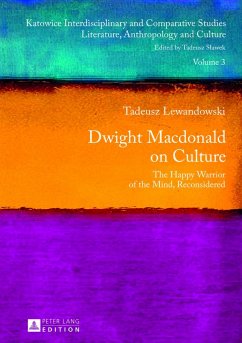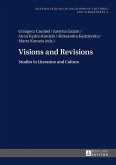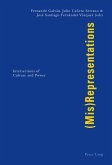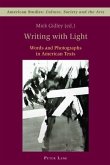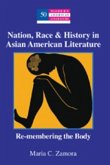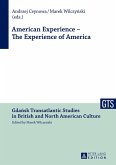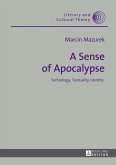Dwight Macdonald was the most prominent excoriator of mass culture in the 1950s and '60s. Since that time his reputation has not fared well. Derided as elitist and passé, his tracts now represent everything wrong-headed about mid-century cultural criticism. Nonetheless, Macdonald remains relevant and deserves reconsideration. His detractors, though uncovering many of Macdonald's failings, have in part misunderstood him, while the field of cultural studies has misclassified his essays in the radical rather than conservative tradition of criticism. Dwight Macdonald on Culture seeks to amend previous misconceptions, offering new perspectives on a figure who grappled with issues of culture that remain ever-pertinent.
«[T]his short but persuasive and excellently researched new study of Macdonald's outlook comes from a New York-educated academic of Polish origins, Tadeusz Lewandowski, who [...] has shown an extraordinary gift for close reading of Macdonald's oeuvre, including the fugitive essays as well as the books that made Macdonald's wider name.» (R. J. Stove, The University Bookman, November 2014)

